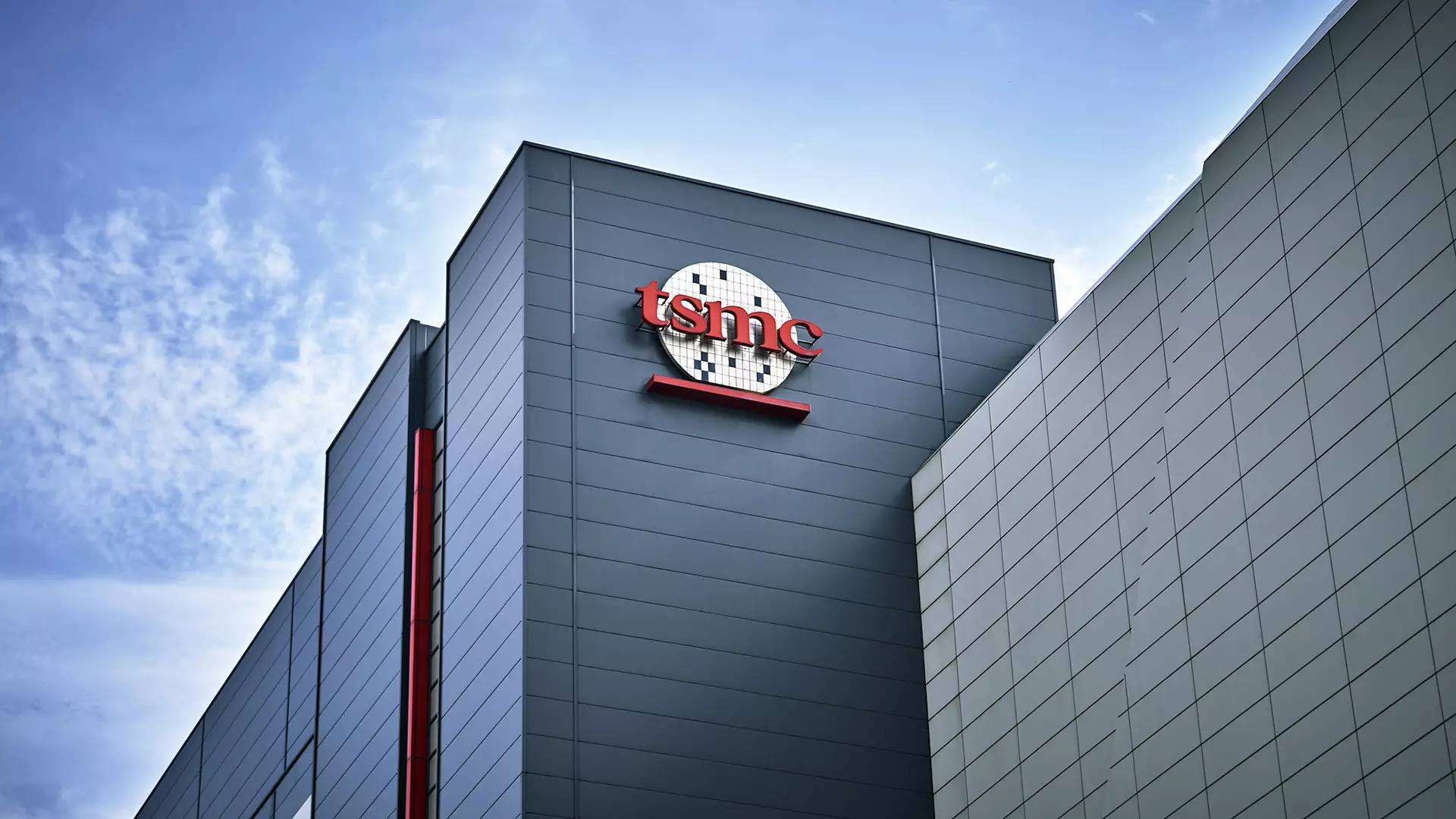Taiwan Semiconductor Manufacturing Company (TSMC) stands as a titan in the semiconductor landscape, wielding immense influence over both Taiwan’s economy and the global microchip market. With nearly 70% of the world’s foundry capacity under its control and accounting for a significant portion of Taiwan’s GDP and export revenue, TSMC’s importance cannot be overstated. Its role in enabling technological giants like Apple, AMD, and Nvidia underpins the modern digital economy. The company’s relentless pursuit of innovation, exemplified by its progressing advanced process nodes from N3 to N2, is central to its competitive edge. These process nodes shape the pace at which the industry evolves, dictating performance, efficiency, and ultimately, market dominance.
However, this power and influence inevitably attract threats—especially when it comes to intellectual property (IP). The recent incident involving alleged theft of trade secrets from TSMC underscores the precarious position such companies occupy. As a critical enabler of cutting-edge technology, the security of TSMC’s processes equates to national security concerns for Taiwan and economic security for the global tech ecosystem. The case reveals that even a single breach can trigger intense legal and governmental responses, illustrating that in high-stakes industries, the cost of IP theft extends beyond corporate fines to national consequences.
The Gravity of Intellectual Property Theft in High-Tech Industries
In the fiercely competitive world of semiconductor manufacturing, information is power. The roadmap of process innovations, like the transition from N3 to N2 nodes, is not merely technical trivia but a strategic weapon. Minor advances—power efficiency, SRAM density, transistor miniatureization—translate into market advantages for the companies that can implement them first. Consequently, stealing proprietary data or process designs is akin to stealing a technological crown jewel.
The case involving TSMC’s internal investigation revealing ‘unusual’ access to sensitive files highlights the high security risks lurking within these corporations. It raises questions about internal controls and the vulnerability of even the most technologically advanced firms. Such breaches threaten to upend the delicate balance of innovation, allowing less innovative competitors or even hostile states to gain unfair advantage. The risks extend beyond financial loss; they threaten the reputation and future technological leadership of companies like TSMC.
What’s particularly alarming is the potential for state sponsorship behind some of these thefts. Governments recognize that control of advanced semiconductor technology equates to strategic dominance. When employee leaks can be linked to external actors—be they rival nations or clandestine groups—the stakes elevate to a geopolitical level. This is why Taiwanese authorities responded with such severity: protecting TSMC’s secrets is tantamount to safeguarding national sovereignty.
The Implications of Heavy-handed Legal Actions
The aggressive stance of Taiwan’s Supreme Prosecutors Office, which charged employees under the National Security Act, signals a broader warning to industry insiders and competitors alike. The maximum penalty of 12 years in prison and substantial fines exemplifies how serious these infractions are perceived at the state level. This approach is justified not only by the threat to economic competitiveness but also by concerns related to national security, especially considering TSMC’s critical role in the global supply chain.
Yet, such heavy-handed responses also raise questions about the balance between security and trust within these organizations. While stringent punishments may deter potential leaks, they could also foster a climate of fear among employees, potentially stifling innovation and internal collaboration. The challenge for companies like TSMC—and for Taiwan as a whole—is to implement comprehensive security measures that protect proprietary technologies without creating an environment of suspicion.
This case accentuates a broader dilemma: as technology becomes ever more complex and valuable, safeguarding innovation demands not only technological defenses but also a vigilant, well-managed human resource strategy. The consequences of breaching such trust extend far beyond individual employees—they threaten to undermine entire industries.
Strategic Consequences for the Industry and Beyond
The theft of TSMC’s process secrets about upcoming nodes like N2 reverberates across the tech industry. Chipmakers such as AMD and Nvidia rely heavily on the pace of process node advancements to meet consumer and enterprise demands for higher performance and efficiency. The transfer of critical design information can accelerate or sabotage the development cycle, impacting product launches and competitiveness.
More troubling is the potential for this incident to escalate into a broader pattern. If corporate espionage becomes commonplace, investment in security infrastructure will intensify, raising operational costs and complicating talent retention. Simultaneously, the risk of geopolitical conflicts intensifies, as nations vie for control over advanced technology.
In essence, the TSMC incident underscores a fundamental truth: the future of technological progress is inseparable from the integrity of the institutions that safeguard it. The fragile trust that underpins innovation must be protected fiercely, lest the entire industry’s trajectory be compromised by short-sighted greed or nationalistic ambitions. As the world becomes more interconnected yet more conflicted, the stakes for maintaining ethical standards, robust security, and strategic oversight have never been higher.

